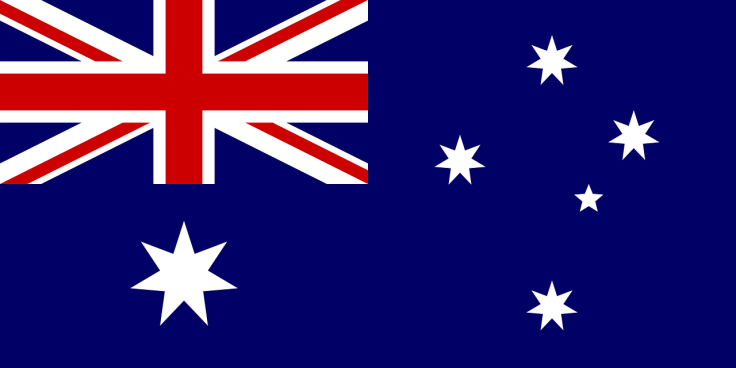Australia’s Billion-Dollar Gaming Industry is Flying Under the Radar

It may come as no surprise to some, but 91% of Australian households own a video game device. This decades-long infatuation hasn’t just manifested into a video game culture, but an appetite to create them.
The latest PWC report showed that gaming and eSports revenue in Australia increased to around A$3.41 billion and is expected to grow 7.5% annually until 2025. This will mean the video gaming industry will account for 6.8% of the total Australian entertainment and media market, up from a 5.9% share.
Some of the largest Australian video game developers include Acheron Design, Irrational Games, Krome Studios, Redtribe, and its largest of all, PlaySide. PlaySide has been behind AAA and world-renowned games, such as The Walking Dead, Jumanji, and Archangel Hellfire.
What games are most played in Australia?
Australians don’t just play video games but are partial to online gambling too. Online pokies have been growing in popularity over the past decade, along with poker and bingo. Plus, it’s been a clear substitute for when the traditional casinos have been closing down in recent years.
As for video games, in 2020 the GSD announced that the annual top 10 best selling video games were:
- Crossing: New Horizons* (Nintendo)
- Grand Theft Auto 5 (Rockstar)
- Call of Duty: Black Ops Cold War (Activision Blizzard)
- Call of Duty: Modern Warfare (Activision Blizzard)(EA)
- Mario Kart 8: Deluxe (Nintendo)*
- FIFA 21 (EA)
- Assassin's Creed Valhalla (Ubisoft)
- The Last of Us Part 2 (Sony)
- NBA 2K20 (2K Games)
- NBA 2K21 (2K Games)
These games somewhat reflect the global market trends, whilst the total sales more generally surged by 35% in 2020.
Game development in Australia
Similar to the UK, game development has been historically fairly strong in its appetite yet completely overlooked by the government. It’s in these areas where Australia’s tech-focused younger generation and high education standards can make a statement on the global stage with video game innovation.
Tech industries and startup culture is gaining momentum in Australia, but often all it takes is a nudge from the government. In this instance, there were tax rebate announcements in 2021 for video game developers. After years of lobbying, the Federal Government finally reacted with a refundable, nationwide tax offset.
In 2009, the financial crisis obliterated many of the larger developers, but the new measures are looking to create a new, more sustainable ecosystem. The gaming industry is expected to continue growing for the foreseeable future around the world, with even the smaller indie developers having created incredibly popular games, like Fruit Ninja and Untitled Goose Game.
The previously high taxation wasn’t just hindering development, but actually causing a brain drain. However, the GDTO (tax rebate) is aimed at larger studios more than it is smaller indies, which could be a strategy to harbour the growth of new AAA developers, resulting in smaller studios being eaten up. Perhaps monopolies may be viewed as being more competitive on a global scale.
The Interactive Games and Entertainment Association have pointed this out, stating we also need to support smaller studios, as well as leveraging Australia’s strength of creating original IP and creative games.
Recognition on a federal level that Australia’s video gaming industry is still relatively untapped is a promising first step. The future of development is looking much bridger as a result, and as it gathers momentum and produces returns, further support will be more likely than before. Furthermore, encouraging game development is also conducive to the tangential industries of VR, which is growing its presence in various industries like logistics, healthcare, and design





















